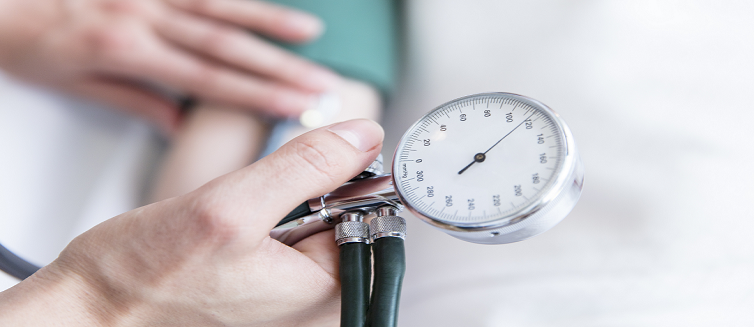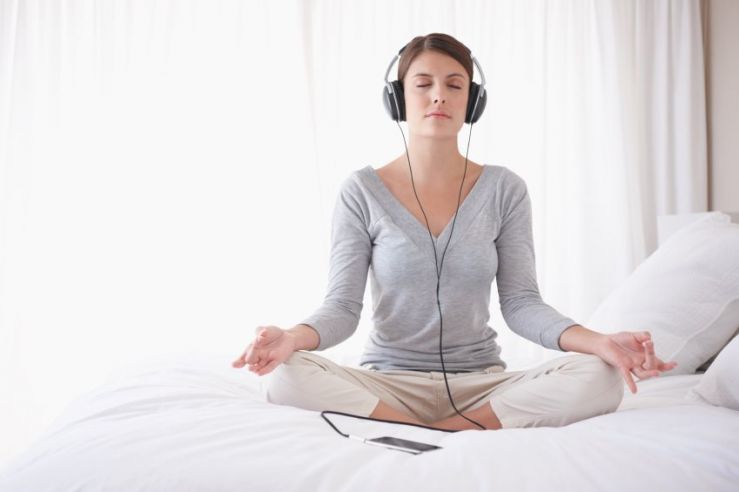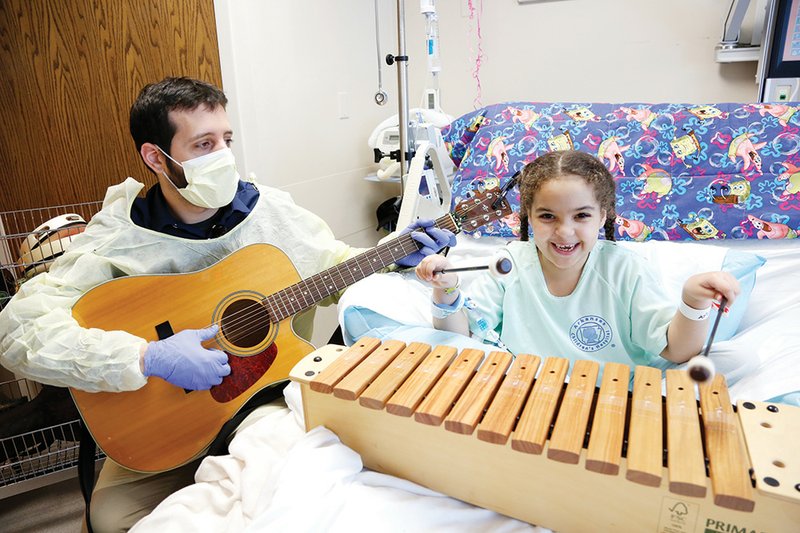Music can help you exercise more effectively, reduce stress and anxiety, and speed up your recovery after a stroke. You may not know it, but music activates not just your auditory system, but also many other areas of your brain, including the heart, those that control movement, language, attention, memory, and emotion.
"Music has the ability to immediately reach the heart; it does not require mediation," noted physicist Oliver Sacks. Classical music is recognised to reduce heart rate and blood pressure, and medical evidence backs up his claim.
Heartbeat Rate
Frequency beat, density, tone, rhythm, repetition, loudness, and lyrics are all components of music. The cardiovascular system is modulated by cardiovascular autonomic function, which syncs with various musical rhythms. The parasympathetic nervous system is triggered when we listen to slow beat music, which lowers our heart rate, but the sympathetic nervous system is stimulated when we listen to fast beat music, which raises our heart rate.
High school students' pulse rates were tracked while they listened to music from various genres. The impacts of various types of music were evaluated using heart rate monitors, data collection tools, and songs from free music libraries. Rock music resulted in significantly higher average heart rates comparatively. Individuals' heart rates were also much lower when listening to classical music and higher when listening to their favourite. This implies that simply listening to music might cause one's heart rate to drop or rise.
Pulse Rate and Blood Pressure
The researchers wanted to see how slow and rapid rhythm music affected heart rate and blood pressure. Cross-sectional research was done on 100 healthy persons between the ages of 18 and 25. The subject was made to lie down on a sofa, and the LED BP device was used to measure the subject's pulse rate and blood pressure. Then, through the headphones, slow rhythm music was played. Then, immediately after the music, the pulse rate and blood pressure were recorded.
Pulse rate and blood pressure were monitored again after a 5-minute rest time. The pulse rate and blood pressure were then monitored shortly after fast beat music was played. Listening to slow music resulted in a substantial decrease in pulse rate and blood pressure, whereas listening to rapid music resulted in a large increase in pulse rate and blood pressure. We concluded that listening to slow beat music improves cardiac autonomic control by lowering pulse rate and blood pressure.
Calm Music - Reduce Stress
Like other activities, listening to or producing music releases dopamine, a brain chemical that helps people feel focused and motivated. It's impossible to imagine an exercise class without music. Sound, as well as the rate of your heartbeat and respiration, are processed in the brainstem. This might explain why calming music appears to reduce pain, stress, and anxiety while reducing heart rate, breathing rate, and blood pressure at the same time.
According to one study, listening to terrible music lowers heart rate compared to listening to good music. We play the music that is both calming and silent in the cardiovascular unit. Blood pressure and pulse rate are reduced on a subconscious level. Music has been shown to benefit the health of individuals with heart disease. Music has been shown in tests to help relieve pain and anxiety because sadness is widespread among heart disease patients.
Physiology and Psychology
Human physiology is also affected by music in a group setting. The actions, breathing, and heart rates of people who are listening to the same music tend to be synchronised. Even after removing the impact of breathing, partial coherence between the heartbeats of people vocalising long notes together remained higher than the baseline or breathing together.
The cognitive and physical challenges of performing music have an impact on musicians' heart rhythms and breathing patterns. Psychologists showed that musicians' heart rhythms become more predictable when they perform new musical themes, as well as when they perform early in the morning rather than later in the evening.
Music Therapies
Music-based therapies can help enhance surgical results and lower cortisol levels in cardiac patients by modulating cerebral blood flow, reducing preoperative anxiety and postoperative stress, and lowering cortisol levels. In individuals with coronary heart disease, music therapies have been demonstrated to have a considerable impact on heart rate and blood pressure. In individuals who have had a heart attack, listening to soothing music lowers not just heart and respiratory rates, but also the oxygen demand of the heart.
Physiological factors such as heartbeats and heart rate variability may now be used to drive music treatments in cardiac therapy thanks to technological advancements in biofeedback devices. To improve heart rate variability, physiological feedback can be utilised to choose or modify music to impact listeners' heart rates and breathing. With the widespread use of biofeedback equipment, it is now possible to customise music treatments to individual cognitive or neural-cardiac states, allowing for a "musical prescription" for better mental and physical health.
Learn Music Online - Stay Home - Stay Safe
You may learn to play music from the comfort of your own home if you enjoy it. Meet our instructors, who teach piano, electronic keyboard, and guitar using a step-by-step method. You'll get our extra course "Voice Culture" for free when you sign up for an Online Music Classroom subscription.
We sell step-by-step Piano sheet music notation and MIDI files in our Music Library to learn from the comfort of your home!
See our buying guide for information on how to purchase a piano, electronic keyboard, or guitar.
Now is the time to join us!
It would be wonderful to be able to learn music at any time and from any location.
Enroll today at classroom.goldsmth.com.
Does Music Change Your Heartbeat?
 Reviewed by Goldsmth
on
December 19, 2021
Rating:
Reviewed by Goldsmth
on
December 19, 2021
Rating:
 Reviewed by Goldsmth
on
December 19, 2021
Rating:
Reviewed by Goldsmth
on
December 19, 2021
Rating:















No comments: